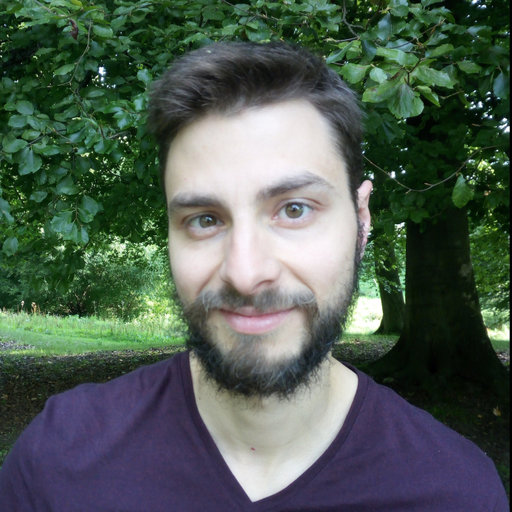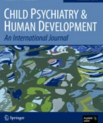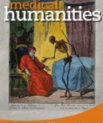Modelling vocal expression in schizophrenia (MOVES)

Alberto Parola has been awarded a Marie Sk?odowska-Curie Actions (MSCA) – Individuals Fellowship from the European Commission within the Horizon2020 - Framework Program, for the project: “Modelling vocal expression in schizophrenia (MOVES)”. Alberto will be affiliated with Interacting Mind Center (IMC) and the Linguistics, Cognitive Science and Semiotics Department at Aarhus University (AU) for two years since the start of the project, under the supervision of the IMC researcher Riccardo Fusaroli.
Marie Curie Actions is a set of major mobility research grants created by the European Union/European Commission to support research in the European Research Area (ERA). The Marie Sk?odowska-Curie actions (MSCA) aim to support the career development and training of researchers in all scientific disciplines through international and intersectoral mobility. The goal of the Individual Fellowships is to enhance the creative and innovative potential of experienced researchers wishing to diversify their individual competence in terms of skill acquisition through advanced training, international and intersectoral mobility.
The Project
The human voice is a powerful tool for social communication. In recent years, Artificial Intelligence (AI) fostered the development of advanced voice systems, able to infer considerable implicit information from the speaker’s voice, such as emotional and mental states, mood information and personality traits. As a result, these systems are largely increasing the usability of human–computer interfaces by using voice to infer speaker-related characteristics, with concrete applicative opportunities in future years in healthcare, robotics and multimodal interaction.
Individuals with schizophrenia (SZ) tend to present voice atypicalities, in terms of poverty of speech, increased pauses, distinctive tone and intensity of voice. Voice atypicalities are related to core clinical symptoms and social impairment of SZ, and could thus constitute a direct window into cognitive, emotional and social components of the disorder. However, our present understanding of voice abnormalities in SZ is very poor, limited by the lack of comprehensive models and systematic approaches to study voice production (ref to meta-analysis?).
Recent advances in voice technology may lead the way to a revolution in the study of voice disorders. They may allow to disentangle the affective, cognitive and social mechanisms responsible for voice atypicalities, assist clinicians in diagnosis and monitoring of the disorders, and enhance their capability to capture the complex relationship between vocal behaviour, emotion regulation and clinical features.
The project “Modeling vocal expression in schizophrenia (MOVES)” aims at providing solid understanding of the implications of atypical voice patterns in SZ: through the application of machine learning and signal processing technologies (AI), MOVES aims to provide a comprehensive account of the mechanisms underlying voice atypicalities, assess their impact on clinical evaluations, and create the foundations for more reliable and evidence-based screening tools.
The project aims to foster multi-centric collaborations between Interacting Minds Centre (AU, Prof. Riccardo Fusaroli), University of Turin (UNITO, Prof. Francesca M. Bosco) and a network of clinical researchers within Europe, in order to overcome important limits of this research field, such as the need for cross-linguistic studies, larger datasets, and open and collaborative research.
MOVES pioneers a new area of research at the intersection between cognitive and clinical neuroscience, psychiatry, computational science and AI. An innovative aspect of the project is the intention to translate recent AI technological advances into clinical settings, to improve the way we conceptualize, assess and monitor voice disorders in SZ.
Contact
Alberto Parola, University of Turin, Department of Psychology
Riccardo Fusaroli, Associate Professor in Cognitive Science, Interacting Minds Centre & School of Communication and Culture, Aarhus University



